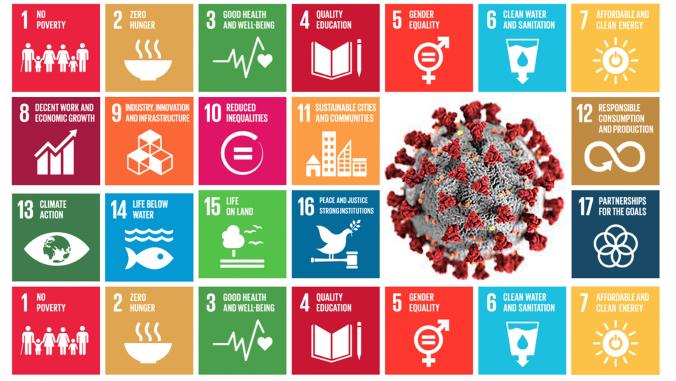How Unilever, Facebook, HP and others lead through collaboration
The most recent GlobeScan/SustainAbilty survey shows big plans for both traditional partnerships and broad multi-actor, systems-focused efforts.

Collaboration is vital for making significant progress on some of the world’s biggest challenges. In the next few years, multinational companies will be the key drivers of broad-scale collaborations to advance the sustainable development agenda, according to sustainability experts polled in the forthcoming GlobeScan/SustainAbility survey "Collaborating for a Sustainable Future 2015."
Experts are more likely to say that corporations will play a very large role over the next five years in collaborations that advance the sustainable development agenda than NGOs, multilateral organizations or governments. These findings suggest that large companies are not only becoming increasingly comfortable in partnering with others to solve large-scale social and environmental issues, but also in taking on leadership roles in facilitating such broad-based collaborations.

Most effective partnerships
What kinds of partnerships should we expect to see more of? Experts tend to expect that broad multi-actor, systems-focused partnerships involving a mix of companies, NGOs and governments will play the most prominent role in advancing the sustainable development agenda in the near future.
More traditional business-government and business-NGO partnerships are also viewed as potentially most effective by many sustainability experts, but a significantly larger proportion of respondents see more expansive multi-actor partnerships across the public, private and NGO sectors as having even greater potential to advance the sustainability agenda.
Sustainability areas most suited to corporate-led initiatives
What are the areas in which corporate-led collaborations have the most potential to make a difference? Sustainability experts suggest that private sector-led joint initiatives are particularly well-equipped to work on improving supply chain labor conditions and issues around waste, while NGO- and government-led collaborations are seen as more effective than corporate-led initiatives on issues such as poverty and biodiversity loss.
Knowing where to focus collaborative efforts and knowing when to take the lead versus playing a more supporting role is important for companies that want to maximize their impact on sustainability through collaborations.

There are many cases of collaboration worth pointing out.
One example of a broad multi-actor initiative that acknowledges the important role of diverse actors such as retailers, manufacturers, suppliers, governments, NGOs, researchers and consumers in driving the production and use of more sustainable consumer products (so touching on issues around the supply chain as well as waste) is The Sustainability Consortium (TSC). This is an organization of diverse participants, including a large number of prominent business actors such as Dow, Unilever and Walmart, that strive to collaborate in building a scientific foundation to promote innovation in this area.
Collectively.org is an example of a broad-based collaboration involving large corporations such as Google, Facebook and McDonald’s (and many of the same companies involved in TSC). This collaboration aims to inspire and facilitate sustainable lifestyles.
The HP Living Progress Exchange is another example of a broad business-led collaboration, albeit on a much smaller scale. This online discussion forum brings together hundreds of global experts, opinion leaders and stakeholders to learn from each other, inspire fresh thinking and share good practices on sustainability.
In sum, the results of this latest GlobeScan/SustainAbility survey suggest that collaboration needs to happen within sectors, across sectors and between “unlikely partners.” Collaboration within a company’s existing supply chain is also crucial. This enables a company to make a significant impact within systems they are actively involved with which give further opportunities for collaboration among other companies within the supply chain to amplify impact.
Look for more insights and survey results on collaboration in a forthcoming report from SustainAbility.





